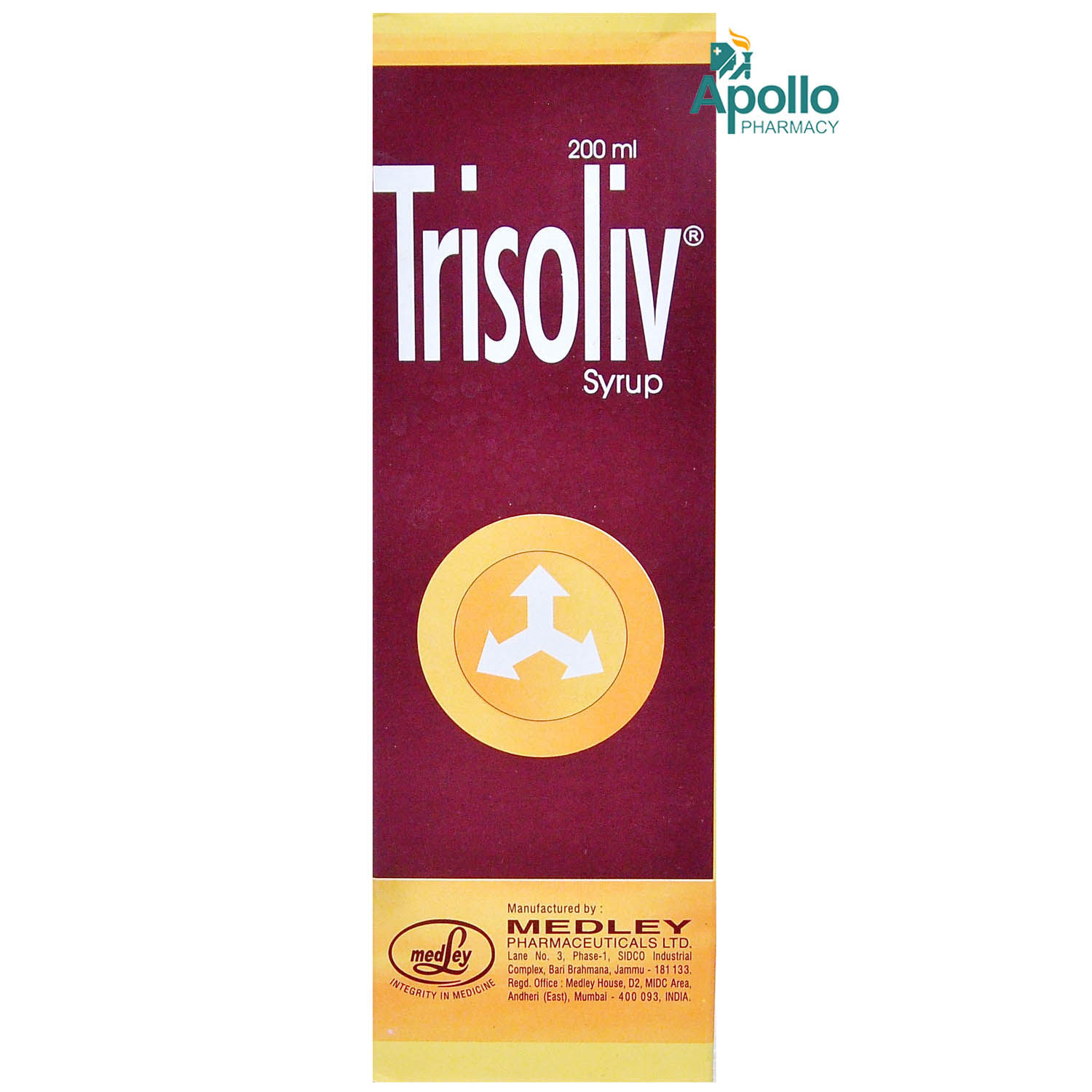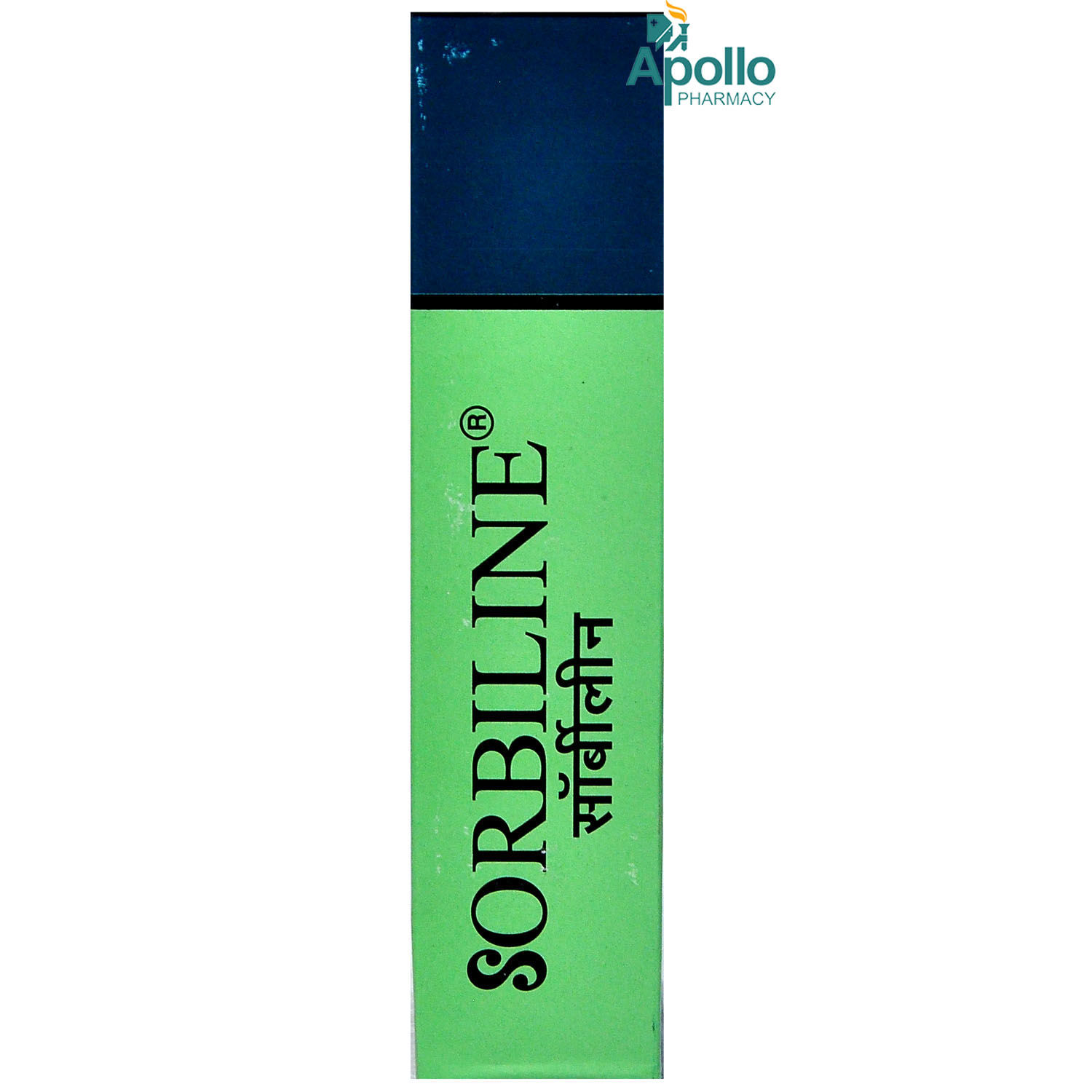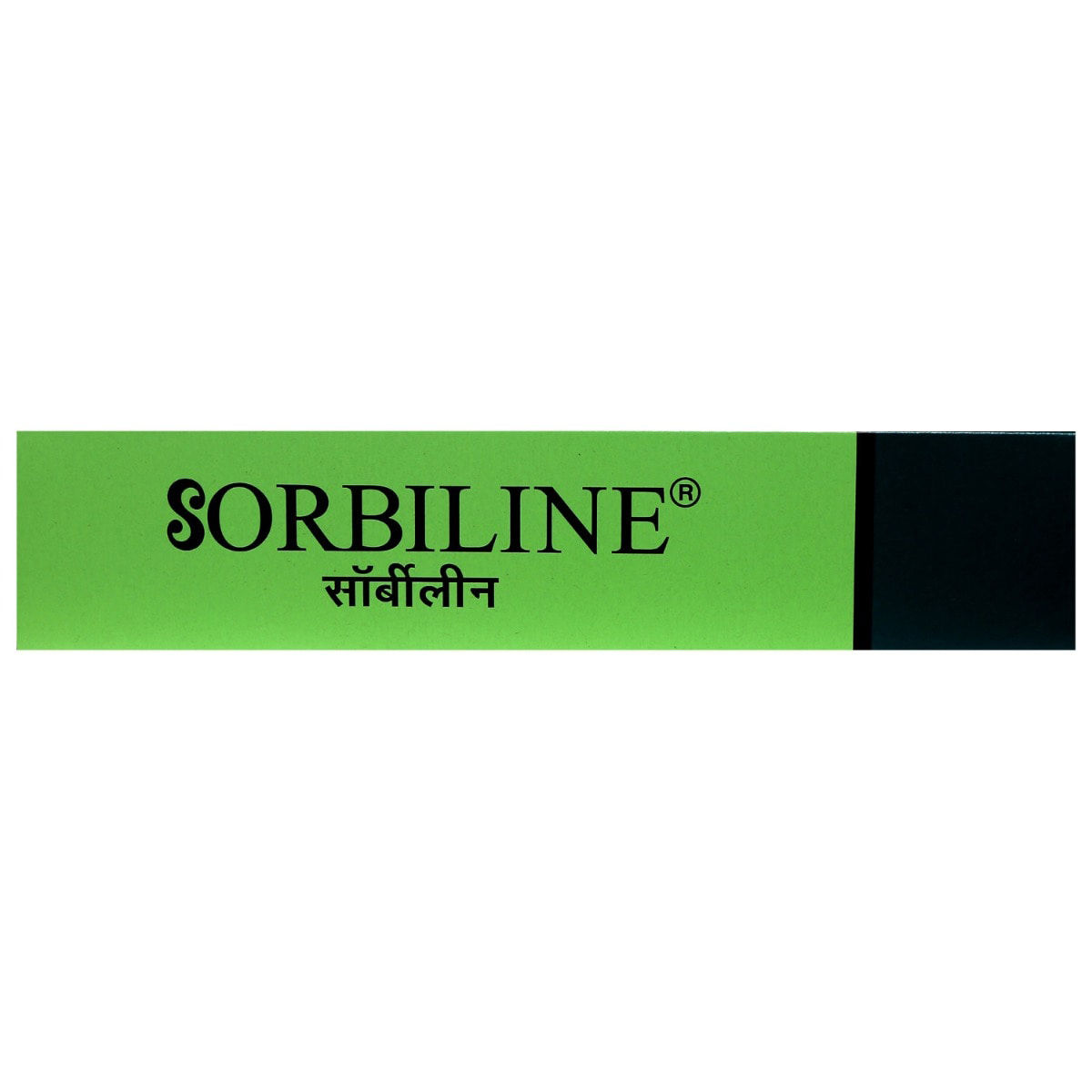Tricholine
About Tricholine
Tricholine belongs to a group of medicine known as bile acid binding agent. It is primarily used to treat fatty liver disease. Fatty liver occurs when fat builds up in the liver. Having little amounts of fat in your liver is normal, but excessive amounts can become a health problem. Too much fat in the liver can lead to liver inflammation, which can damage the liver.
Tricholine contains ‘Tricholine’ which is used to prevent fatty liver disease. Tricholine works by the removal of bile acids from the body. When choline levels are low in the blood it can lead to the accumulation of fat in the liver. Choline converts fats into lecithin (fat that is essential for the body) and other lipids that are required for the body. Thus Tricholine helps in decreasing fat in the liver.
Take Tricholine as recommended by your doctor. You may experience constipation, nausea and vomiting. Most of these side effects of Tricholine do not require medical attention and gradually resolve over time. However, if the side effects persist or worsen, please consult your doctor.
Tricholine should not be taken in conditions like if you are allergic to tricholine or any other ingredients present in it. Inform your doctor before taking Tricholine if you have rashes, itching, shortness of breath, or swelling of face, lips, throat and tongue. Tricholine is safe for children. The dosage is recommended by your doctor. Tricholine is safe during pregnancy and breastfeeding, but only the given dose by your doctor. A high dosage of Tricholine should not be taken, as safety and efficacy for a higher dose have not been established.
Uses of Tricholine
Medicinal Benefits
Tricholine is primarily used to treat fatty liver disease. Besides this, it also decreases the level of cholesterol. Tricholine works by the removal of bile acids from the body. When choline levels are low in the blood it can lead to accumulation the of fat in the liver. Choline converts fats into lecithin (fat that is essential for the body) and other lipids that are required for the body. Thus Tricholine helps in decreasing fat in the liver. Choline is also present in breast milk.
Directions for Use
Storage
Side Effects of Tricholine
Constipation
Nausea
Vomiting
Drug Warnings
Tricholine should not be taken in conditions like if you are allergic to Tricholine or any other ingredients present in it. Before taking Tricholine inform your doctor if you have jaundice. Inform your doctor before taking Tricholine if you have rashes, itching, shortness of breath, swelling of face, lips, throat and tongue. Tricholine is safe for children but should not take at a higher dose. The dosage is recommended by your doctor. Tricholine is safe to drive or operate a machine as it does not cause drowsiness. If you take a higher dose of Tricholine it might cause loss of bladder control. Tricholine is safe during pregnancy and breastfeeding but only the given dose by your doctor. A high dosage of Tricholine should not take as safety and efficacy for a higher dose have been not established.
Drug Interactions
Drug-Drug Interaction: Tricholine may interact with anticholinergic drugs/ medicine used to treat low heart rates (atropine).
Drug-Food Interaction: No interactions found.
Drug-Disease Interaction: Tricholine should be used with caution in allergic and jaundice patients.
Drug-Drug Interactions Checker List:
Safety Advice

Alcohol
cautionIt is not known that alcohol may interact with Tricholine because of lack of research. It is advisable to avoid drinking alcohol.

Pregnancy
cautionLimited information is available about the safety of Tricholine during pregnancy. It is recommended to be used only after consulting a doctor.

Breast Feeding
cautionIt is not known whether Tricholine passes in the breast milk. Please consult a doctor if you have concerns.

Driving
safeTricholine is safe to drive or operate a machine as it does not cause drowsiness.

Liver
consult your doctorConsult a doctor to know if any dose adjustment is needed in patients with liver impairment.

Kidney
consult your doctorTricholine is safe in kidney disease as it does not damage the kidneys. The dose will be recommended by your doctor.

Children
consult your doctorPlease consult your doctor. Your doctor may recommend a suitable dose based on your child's body weight and age.
Habit Forming
Diet & Lifestyle Advise
It prevents the liver from contaminants and helps the liver to perform its normal functions
Take it as per dose and duration recommended by your doctor.
Eat lots of vegetables and fruits.
Eat high-fiber plants like pulse and whole grains.
Take very little amount of sugar, salt, fat, refined carbohydrates and saturated fat.
It may disturb the absorption of vitamins like A, D and K. Take supplements of these vitamins as recommended by your doctor.
Special Advise
Your doctor may recommend nutritional supplements, as Tricholine may interfere with the absorption of Vit A, D and K.
Patients Concern
Disease/Condition Glossary
Fatty liver occurs when fat builds up in the liver. Having little amounts of fat in your liver is normal, but an excessive amount can become a health problem. The liver is the second largest organ in the body. It helps manage nutrients from food and drinks and filters toxic materials from your blood. Too much fat in the liver can lead to liver inflammation, which can damage the liver. In serious cases, this damage can cause liver failure. Fatty liver is of two types- non-alcoholic fatty liver disease (NAFLD) and alcoholic fatty liver disease (AFLD). When fatty liver happens in someone who drinks alcohol, it is called alcoholic fatty liver disease (AFLD). When fatty liver happens in someone who does not drink alcohol, it is called non-alcoholic fatty liver disease (NAFLD).
FAQs
Tricholine is used to treat fatty liver disease.
Yes, Tricholine may interfere with the absorption of vitamins like A, D, and K. Your doctor will advise vitamins supplements while you are taking Tricholine.
Yes, Tricholine is safe as long as it is taken at recommended time and dose. Tricholine may lead to side-effects like vomiting, nausea, constipation in some patients.
Yes, Tricholine is a bile acid-binding agent that prevents bile acids from stimulating the large intestine, therefore, reduces the movement of stools. Though, it is not essential for all people to experience this side effect.
Take the missed dose as soon as possible. However, if it is time for the next dose, skip the missed dose and go back to your regular dosing schedule.
Fatigue, vomiting, nausea, unease, swollen abdomen and legs, jaundice, loss of weight, weakness and loss of appetite are the main symptoms of fatty liver disease.
No, it is not intended to treat infections. Tricholine is a bile acid binding agent which is primarily used to treat fatty liver disease.
Yes, Tricholine can be used in elderly individuals if it is suggested by your doctor. Always follow your doctor's instructions while taking it.
Avoid smoking and alcohol consumption to prevent further liver damage. Include a healthy diet and exercise regularly.
The common side effects of Tricholine include constipation, nausea, and vomiting. Most of these side effects of Tricholine do not require medical attention and gradually resolve over time. However, if the side effects persist or worsen, please consult your doctor.







